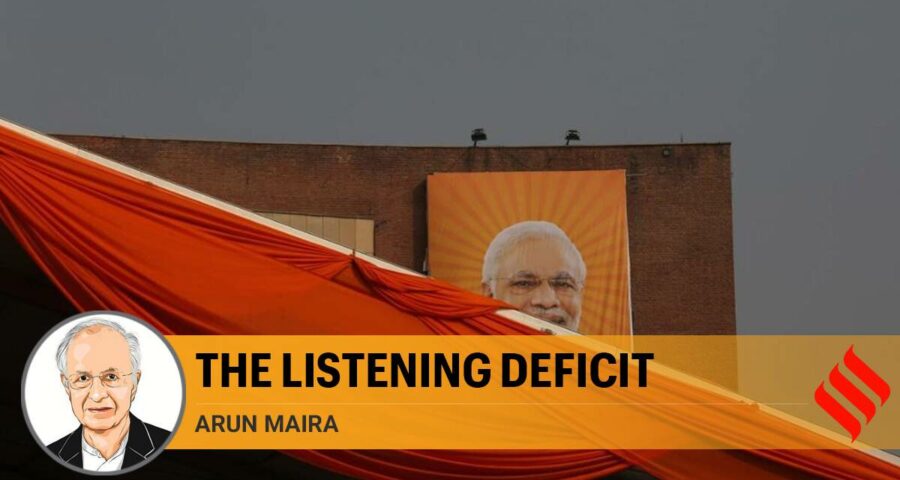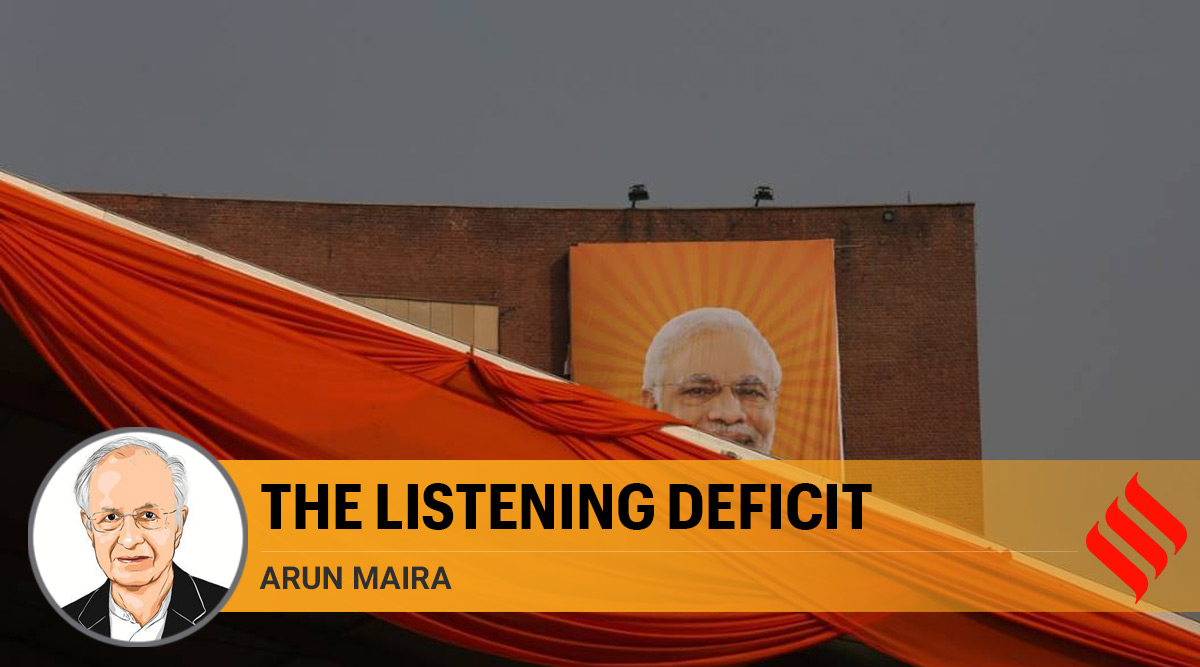Democratic governance is breaking down because no one is willing to listen to people they don’t understand or agree with.
“The democratic process cannot be allowed to be subverted through unlawful protests,” Prime Narendra Minister Modi tweeted, commenting on the storming of the US Capitol by Donald Trump’s supporters. Meanwhile, thousands of farmers are camped in bitterly cold weather around India’s capital. They are peacefully protesting amendments to farm laws the government has rammed through without a discussion in the country’s elected Parliament. They threaten to carry out a peaceful tractor march in Delhi on the nation’s Republic Day if their demands are not conceded by then. These protests in the world’s two largest democracies raise questions about the health of the global democratic enterprise.
What is a “lawful” protest? Who determines whether the purpose of the protest is lawful? And which methods of protest are lawful? If such questions should be discussed within a democratically-elected Parliament (or Congress), and if elected institutions do not function, should the people not protest? They must protest, albeit non-violently, in a manner that will make their protest heard as the Indian farmers are, and the protestors in Shaheen Bagh were.
Experts advising the government are prepared for discussions with the farmers provided the discussions are “evidence-based”, they say. Which raises more questions. What is evidence required for? What is acceptable as evidence? The experts have their own scientific models about what is important. The farmers have their experience of what matters. Experts want more hard data. Whereas farmers’ mistrust of the government’s intentions is based on their experience, including the way in which the reforms are being rammed on them. That’s not how democracy is supposed to work, they protest.
Liberals everywhere are feeling threatened by the rise of autocratic leaders. Elected leaders may say they work for the people and listen to them. However, the experts who advise them plug people as numbers into their scientific models, even looking down on them as uneducated masses. When leaders rely too heavily on expert advisers for solutions, trust in elected leaders breaks down. Trump rose up on a global wave of citizens’ mistrust in the way democratic institutions are functioning. Trump may have fallen, but the wave of illiberalism has not passed. It has risen due to the failure, so far, of two projects to meet citizens’ expectations of improvements in the human condition — the project of electoral democracy, and the project of scientific rationality.
The Indian government is being urged by economists and industrialists to implement economic reforms firmly. The people who are the intended beneficiaries are not convinced, as the farmers’ are saying. Even experts disagree amongst themselves whether the reforms are the right ones. Indian economists have been very critical in recent years of the Supreme Court’s “interference” in the economy, with its decisions in tax matters, etc. It does not have the necessary expertise for economic policies, they say. Caught in the impasse of agriculture reforms, the government now seems inclined to let the Supreme Court decide what should be done. Is this not an admission that the government and the economists who advise it do not have the expertise required for democratic governance?
The expansion of the idea of human rights is the mother force of democracy. Democracy is deepened by the realisation that those who rule always have more power than those they rule over. The nobility over peasants; white people over coloured people; upper castes over lower castes; employers over workers; men over women. The advance of ill-regulated capital across the world in recent years, to promote the ease of doing business rather than ease of living, has given those with more wealth greater power to frame rules than citizens who have no wealth. Democracy must correct this.
The fault-lines in democracy are: Ill-regulated capitalist markets are corroding democracy; experts are misinformed about realities; global elites, who are connected in a global community transcending national borders, are disconnected from common people. They think “global” and believe that thinking “national and local” is going backwards whereas people within countries everywhere, especially those left behind in the global race, want their governments to look inwards to their needs first.
The Edelman Trust Barometer, an annual global survey of citizens’ trust in institutions reported, in 2020, that: “A growing sense of inequity is undermining trust in all institutions — government, business, the media, even NGOs.” Government, the media, and NGOs are supposed to serve the people. Even businesses realise they must be trusted by the people for their license to operate. They should not have to turn to the government to convince citizens that big corporations are good for the people. Because then the people will believe that the government and corporations are in cahoots to serve corporate interests, and they will lose faith in their own government.
Trust is decreasing because no one is listening to others. The government is not listening to the people, neither are experts. Experts in their specialised silos are not even listening to experts in other silos. Social media is forcing people further into gated communities of “people like us” who are unable, and unwilling, to listen to “people not like us”. Democratic governance is breaking down because no one is willing to listen to people they don’t understand or agree with.
The fundamental reform India needs (and the world too) is a “no tech” one. It is the process of listening to people who do not seem to think like we do. By listening to other perspectives, we will comprehend the system of which we are all small parts; and economists will improve their science too. Moreover, by listening better to each other we can trust each other, and then we can work together, democratically, to make the world better for everyone.
This article first appeared in the print edition on January 23, 2021 under the title ‘The listening deficit’. Maira, a former member, Planning Commission, is the author of Listening for Well-Being: Conversations with People Not Like Us
Source: Read Full Article


